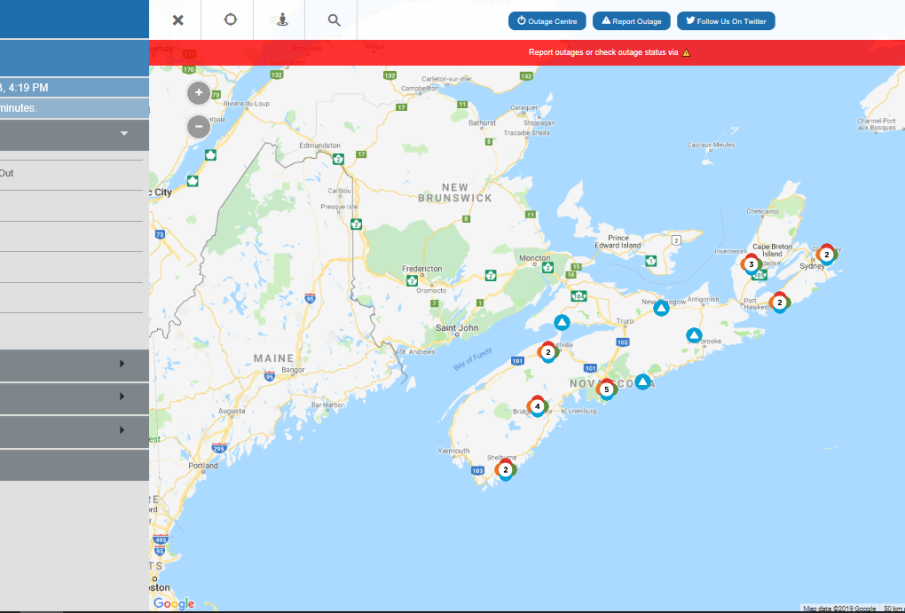Significant Power Outage Hits Halifax: What You Need to Know

Introduction
Power outages can disrupt daily life and impact essential services, making their management crucial for community safety. Recently, Halifax, Nova Scotia, experienced a significant power outage that highlighted the vulnerabilities of the region’s electrical infrastructure. Understanding the causes and implications of these outages can provide insights for residents and officials alike, making this a topic of pressing relevance.
The Incident
On the evening of October 12, 2023, Halifax experienced a widespread power outage that affected over 10,000 customers across the city. The outage was reported around 6 PM and was attributed to severe weather conditions, including high winds and heavy rainfall, which led to falling trees and debris taking down power lines. Local utility company Nova Scotia Power stated that their crews were dispatched immediately to assess the damage and restore electricity as quickly as possible.
Impact on the Community
The blackout caused significant disruption in the area. Businesses, public institutions, and households faced power loss for several hours, with many reporting outages lasting until the early hours of October 13. Essential services, including hospitals, had to rely on backup generators, emphasizing the need for robust contingency planning in emergency situations.
Moreover, traffic signals were rendered inoperable, leading to increased congestion and potentially dangerous situations at busy intersections. Authorities urged residents to exercise caution and avoid unnecessary travel until power was fully restored.
Response and Restoration Efforts
In response to the outage, Nova Scotia Power prioritized restoring power to critical facilities first. By midnight, the majority of customers had their electricity restored, and final repairs were completed by the morning of October 13. The utility company also provided real-time updates on the status of outages via social media and their website, demonstrating improved communication strategies in crisis management.
Conclusion
The recent power outage in Halifax serves as a reminder of the challenges posed by severe weather to electrical infrastructure. As global climate patterns shift, such incidents may become more common, urging local governments and utility companies to invest in upgrading and fortifying power systems. For residents, staying informed about emergency procedures and preparedness is essential to minimizing disruption during outages. The response from Nova Scotia Power is an encouraging sign of commitment to restoring service quickly and maintaining communication transparency, which is crucial in ensuring community resilience for future incidents.








